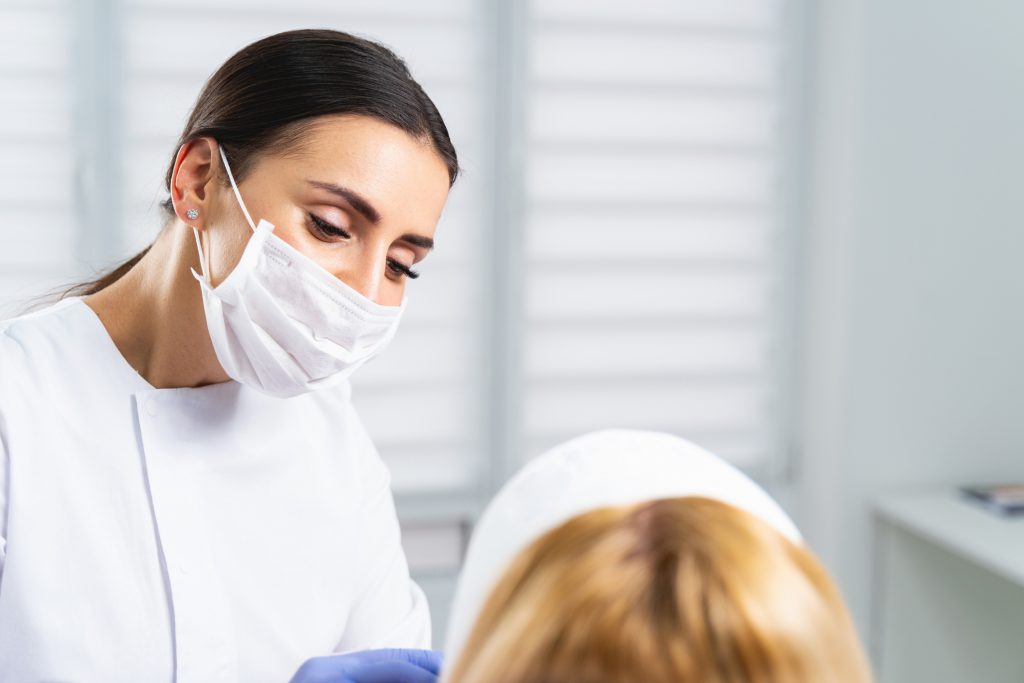
When our skin is injured our body begins the healing process and produces collagen to mend the damage; this results in a scar.
However, when our bodies continue the healing process after the initial scar is formed, excess collagen is produced causing the scar to become flesh-colored, raised and larger than the original wound. This is known as a keloid.
Keloids are most commonly found on the shoulders, chest, cheeks and earlobes. However, they can develop on other parts of the body, and you may experience the following symptoms:
- Scars that feel soft and doughy or hard and rubbery
- Scars that are itchy, painful or tender to the touch
- Scars that become darker over time
Although any type of injury to the skin can lead to keloids, some people are more likely to develop them than others. At-risk individuals include:
- Those who are African American, Asian or Latino
- Those who are 30 years old and younger
- Those who have a history of keloids in their family
- Pregnant women
According to the American Academy of Dermatology Association (AAD) the risk of getting a keloid can be reduced by following these measures:
- Wearing a pressure earring after getting ears pierced. They should be worn for at least 12 (and preferably 20) hours a day for 4 to 6 months
- Spot testing areas of the skin before getting a tattoo or body piercing and wearing a pressure garment as soon as the skin begins to thicken
- Informing your surgeon before surgery that your skin is prone to developing keloids. There may be a technique your surgeon can use to reduce the likelihood of keloids forming after surgery
- Following AAD recommended tips to properly care for a wound
- Applying silicone sheets or gels to the skin as soon as it heals
Keloids are typically not harmful to a person’s health but for some individuals, they may become a cosmetic concern. The appearance of a keloid can be improved by receiving laser therapy, pressure treatments, corticosteroid shots, surgery or by freezing the scar. It is important to follow your doctor’s recommendations after these treatments to avoid the return of a keloid.
To schedule an appointment with a dermatologist at Jamaica Hospital Medical Center, please call 718-206-7001.
All content of this newsletter is intended for general information purposes only and is not intended or implied to be a substitute for professional medical advice, diagnosis or treatment. Please consult a medical professional before adopting any of the suggestions on this page. You must never disregard professional medical advice or delay seeking medical treatment based upon any content of this newsletter. PROMPTLY CONSULT YOUR PHYSICIAN OR CALL 911 IF YOU BELIEVE YOU HAVE A MEDICAL EMERGENCY.
